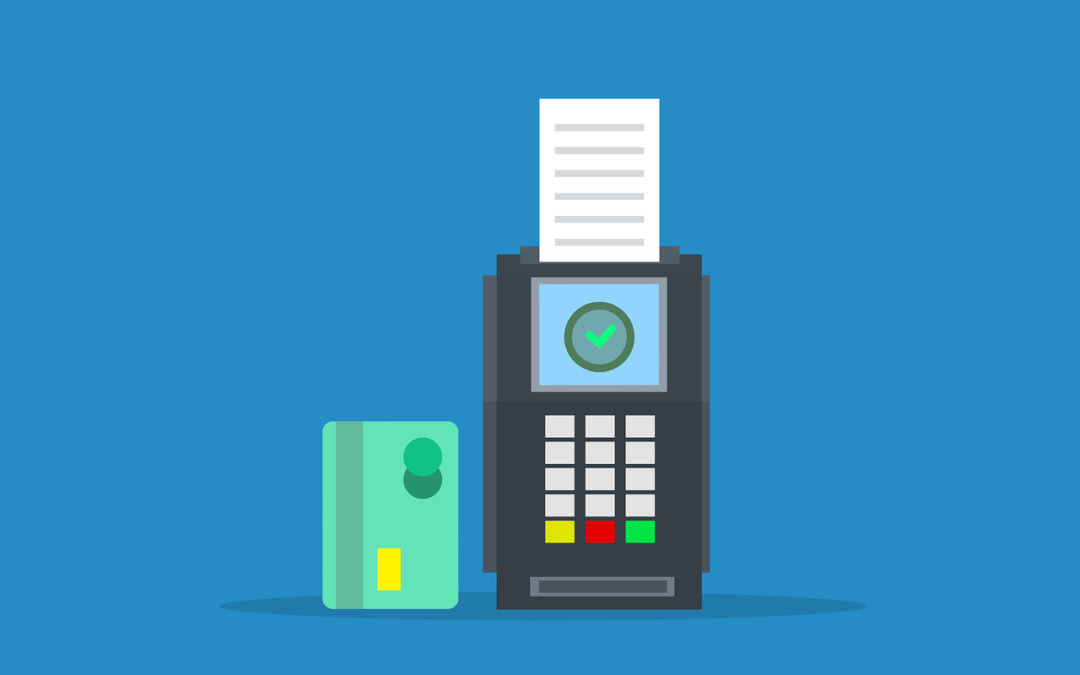In Arintass we explain you the differences between receipt and invoice and which type of document is necessary in each case:
Receipt
A receipt is nothing more than a proof of a payment and has no more value than the informative one. An example of the receipt would be the typical ticket they give you when you buy in the supermarket or after refuelling at the gas station.
A normal receipt contains a date and a more or less detailed breakdown of what you have paid, but it lacks basic information for your accounting such as the buyer and seller or the breakdown of related taxes.
Ordinary invoice
However, all these data need to be reflected on a ordinary invoice. In Spain, an ordinary invoice must include:
- NIF or CIF and fiscal data of the buyer
- NIF or CIF and fiscal data of the vendor
- Correlative Invoice number
- Expedition date
- Breakdown of invoiced items
- Tax base
- Types and amounts of VAT and personal income tax that are applied in each operation
- Total amount
- Payment method.
Simplified invoice
At the beginning of 2013 a new billing regulation came into force in Spain. This standard introduced the concept of a simplified invoice.
A simplified invoice contains the same data as an ordinary invoice, except the fiscal data of the addressee. Therefore, it is not necessary to specify name, address and NIF of the customer.
A simplified invoice can be issued in the following cases:
- When the amount of the invoice is less than 400 € (VAT included) and the buyer is a resident of Spain
- In the case of an amending invoice
- When the amount is less than 3.000 euros, VAT included, and document one of these operations:
- Retail sales
- Sales or services at consumer’s home
- Services provided by photographic studios
- Hotel and restaurant services
- Dry cleaning and laundry services
- Ambulance services
- Transportation of people and their luggage
- Services provided by dance halls and discos
- Hairdressing services and beauty salons
- Use of sports facilities
- Parking and parking of vehicles
- Movie rental
- Use of travel highways.
As explained in this short text, a simple ticket or receipt is not valid as an accounting receipt or to deduct VAT. Therefore, whether you are a customer or a supplier, remember to always require an invoice, whether ordinary or simplified, when you do any operation.
If you need additional information or specialized advice when it comes to billing for your business operations, you have questions about received invoices or you simply want to forget about the issue and would like us to take care of all your accounting for you, do not hesitate to contact us.
At Arintass we have a highly qualified team in various fields of legal, accounting and tax advice and we will be happy to help you.

